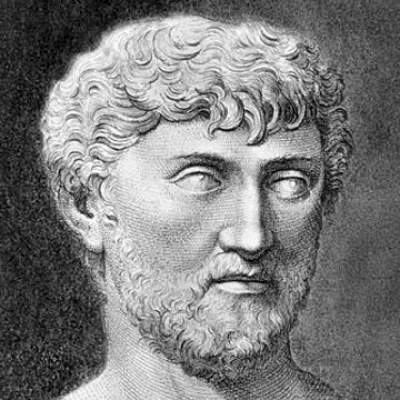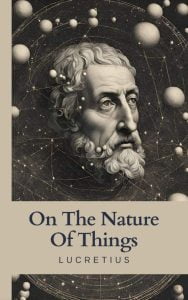
Birthdate: 99 BC
Nationality: Italian
Bio:
Lucretius lived from approximately 99 BC to 55 BC, during the tumultuous late Roman Republic period in history marked by civil wars and political power struggles. He was a Roman poet and philosopher who made significant contributions to science and natural philosophy through his magnum opus “On the Nature of Things.”
Considered one of the most influential didactic poets in Latin literature, Lucretius elucidated the principles of classical physics and the basic rules of atomic theory in his only known work. He advocated Epicurean philosophy which argued that the universe is governed by natural laws without interference by the gods. This challenged the prevailing supernatural explanations for phenomena at the time. His poetic work was an attempt to relieve mankind’s mental distress and superstition through reasoning understanding of science.
Though his ideas were considered controversial in his own era, Lucretius continues to provide key insights for modern scientific understanding even today. His analysis of perceptions, transience and infinity in Book 1 prefigure discoveries of physics like atomic motion and the void. The poem emphasizes close observation and materialism while shunning divine explanations. Despite its challenging content, the verses bring technical explanations like celestial mechanics to vivid life through skillful composition. For all these reasons, Lucretius remains a chief luminary among Rome’s philosophers and the pioneering poet of natural science. His work has illuminated intellectuals for centuries since and still demonstrates the epic power of uniting empirical reasoning with literature.

